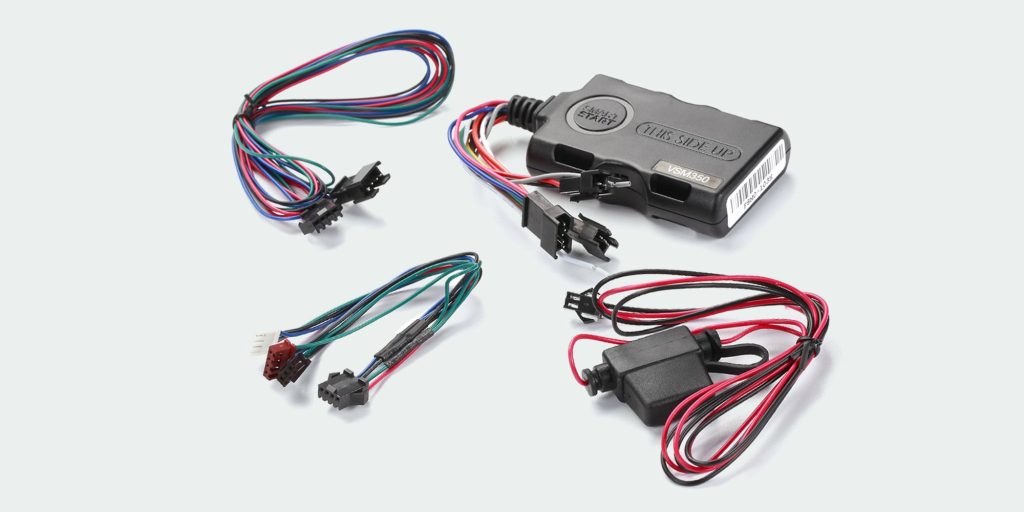Introduction:
In a world where vehicle theft and break-ins are unfortunately common occurrences, car alarm systems serve as a crucial line of defense against unauthorized access and theft. These systems are designed to deter would-be thieves and alert owners to potential security threats, providing peace of mind and protecting valuable assets. In this comprehensive guide, we’ll delve into the diverse uses, advantages, and disadvantages of car alarm systems, shedding light on why they are essential components of vehicle security.
Uses of Car Alarm Systems:
1. Theft Deterrence:
The primary purpose of a car alarm system is to deter theft and unauthorized access to vehicles. These systems utilize various sensors and deterrent mechanisms, such as sirens, flashing lights, and immobilizers, to thwart thieves and discourage them from targeting the vehicle.
2. Protection of Valuables:
In addition to deterring theft of the vehicle itself, car alarm systems also safeguard valuable belongings and personal items left inside the vehicle. By triggering an alarm in response to unauthorized entry or tampering, these systems alert owners to potential theft or vandalism, giving them the opportunity to take action and protect their belongings.
3. Remote Monitoring:
Many modern car alarm systems are equipped with remote monitoring and notification capabilities, allowing owners to monitor their vehicles’ security status from a distance. Through smartphone apps or remote key fobs, owners can arm, disarm, and receive alerts about security breaches in real time, providing added convenience and peace of mind.
4. Insurance Benefits:
Installing a car alarm system may entitle vehicle owners to discounts on their insurance premiums. Insurance companies often offer reduced rates for vehicles equipped with approved anti-theft devices, including car alarm systems, as they are less likely to be targeted by thieves and are therefore considered lower risk.
Advantages of Car Alarm Systems:
1. Theft Prevention:
One of the most significant advantages of car alarm systems is their effectiveness in preventing theft and unauthorized access to vehicles. The audible and visible deterrents provided by these systems, such as sirens, flashing lights, and immobilizers, make it difficult for thieves to tamper with or steal the vehicle without attracting attention.
2. Enhanced Security:
Car alarm systems provide an additional layer of security beyond mechanical locks and key-based entry systems. With features such as motion sensors, glass break sensors, and remote monitoring capabilities, these systems offer comprehensive protection against a wide range of security threats, including break-ins, theft, and vandalism.
3. Peace of Mind:
For vehicle owners, the peace of mind provided by a car alarm system is invaluable. Knowing that their vehicle is equipped with a reliable security system that will alert them to potential threats and deter thieves provides reassurance and confidence, whether parked in a public parking lot or outside their home.
4. Potential Insurance Savings:
Installing a car alarm system can lead to significant savings on insurance premiums over time. Many insurance companies offer discounts or incentives for vehicles equipped with approved anti-theft devices, such as car alarm systems, as they reduce the likelihood of theft and associated insurance claims.
Disadvantages of Car Alarm Systems:
1. False Alarms:
One of the main disadvantages of car alarm systems is the potential for false alarms, which can be triggered by factors such as loud noises, vibrations, or environmental conditions. False alarms can be inconvenient and disruptive, leading to annoyance and frustration for both vehicle owners and nearby residents.
2. Installation Complexity:
Installing a car alarm system may require professional expertise and specialized tools, especially for complex systems with advanced features. Improper installation can lead to malfunctions, false alarms, or ineffective security, undermining the system’s reliability and effectiveness.
3. Vulnerability to Tampering:
Despite their deterrent mechanisms, car alarm systems may still be vulnerable to tampering or sabotage by determined thieves. Sophisticated thieves may be able to bypass or disable the alarm system using hacking tools, electronic jammers, or other methods, rendering the system ineffective and leaving the vehicle vulnerable to theft.
4. Cost:
High-quality car alarm systems with advanced features and capabilities can be expensive to purchase and install. While basic systems may be more affordable, they may lack the comprehensive security features and remote monitoring capabilities offered by premium systems. Additionally, ongoing maintenance and service costs may further increase the overall cost of ownership.
Conclusion:
In conclusion, car alarm systems play a crucial role in protecting vehicles and their occupants from theft, break-ins, and vandalism. With their theft deterrent mechanisms, remote monitoring capabilities, and potential insurance benefits, these systems offer enhanced security and peace of mind for vehicle owners. However, they also have disadvantages such as false alarms, installation complexity, vulnerability to tampering, and cost considerations. Ultimately, the decision to install a car alarm system depends on individual preferences, budget constraints, and security needs, but their widespread adoption underscores their importance as essential components of vehicle security.



